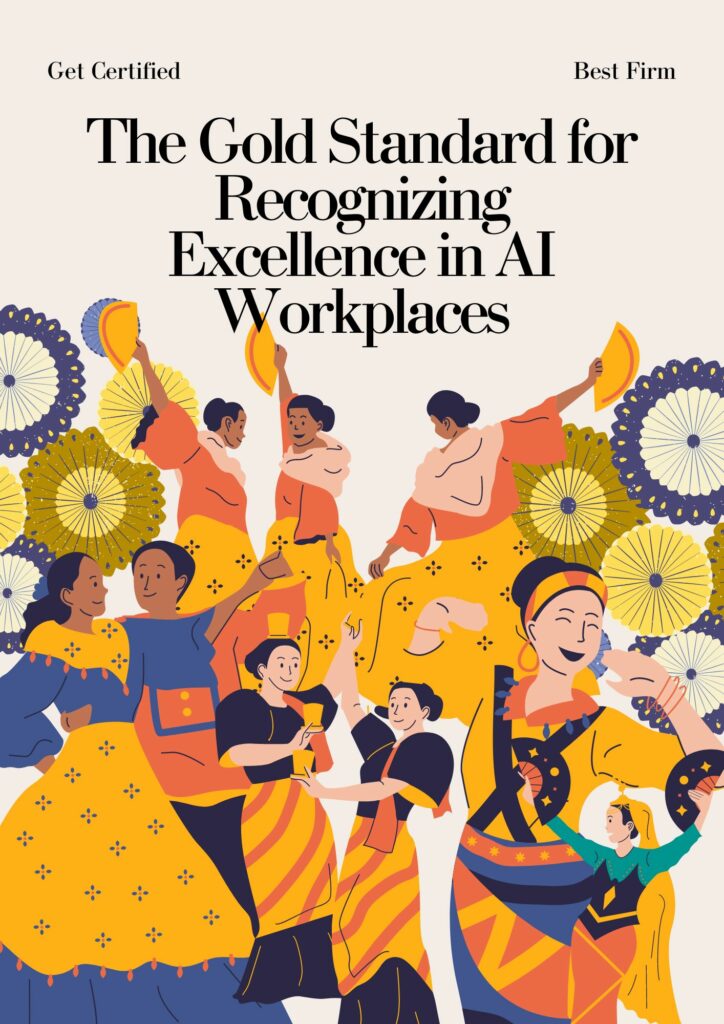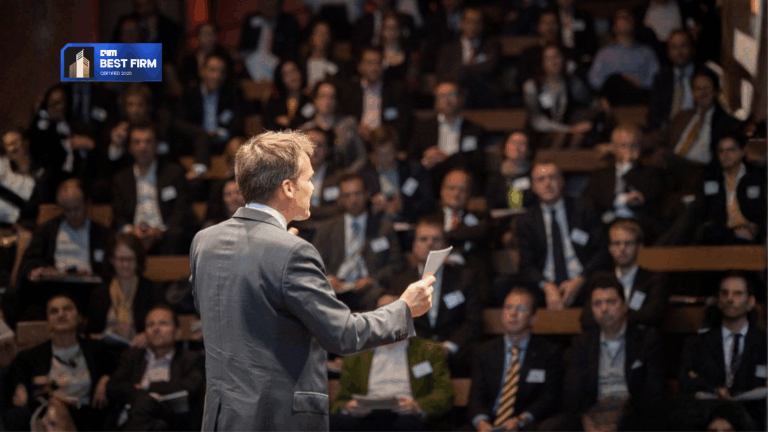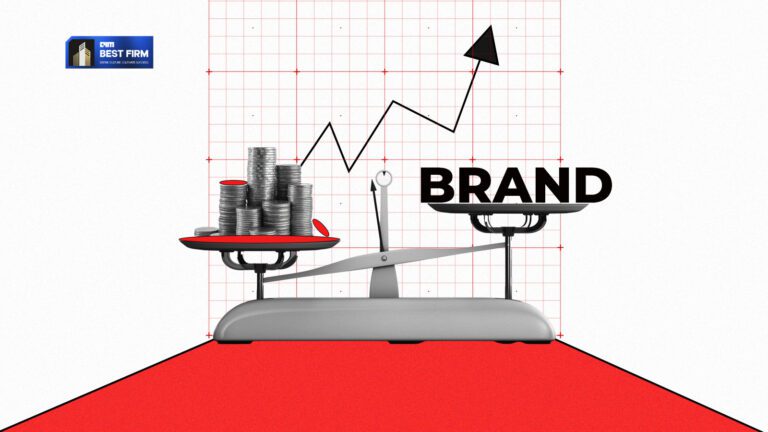Companies invest heavily in awards and recognition every year. Yet customers, employees, and investors often struggle to know who to trust. The problem is simple: being visible does not prove capability. Without real evidence, claims of excellence mean little and trust stays fragile.
But here is the uncomfortable question. Do these rankings actually mean anything or have they become the business equivalent of popularity contests, loud, fleeting, and shallow?
Trust has become one of the most valuable and fragile assets for organizations today. According to Edelman’s 2024 Trust Barometer, 63 percent of customers see trust as the single most important factor in a purchase decision yet only 32 percent believe companies do what they promise. That gap is staggering and shows why the difference between rankings and certifications matters so much. One gives you visibility. The other gives you credibility.
Rankings: Applause Without Proof
Let us be honest. Rankings are addictive. They provide quick wins, attention, and something leaders can announce at the town hall or recruiters can display across job ads.
Sometimes they reflect real progress. A company making it onto a Top Employer list may genuinely have a strong culture but too often, rankings reward perception more than performance. They are based on surveys, editorial opinions, or inconsistent criteria. One year’s star might vanish the next with little explanation beyond shifting methodology.
Rankings are the applause of the corporate world. Nice to hear. Motivating in the moment but applause does not prove skill. It does not tell your customers you can deliver. It does not tell your employees their careers are secure.
Certifications: Harder to Earn, Harder to Ignore
Certifications operate differently. They do not hand out applause. They hand out proof.
A certification is structured, standardized, and externally validated. It requires evidence, not just sentiment because of that it carries weight with the audiences that matter most: customers, employees, regulators, and investors.
Take ISO standards. You rarely see a CEO bragging about ISO 27001 on LinkedIn, but try winning enterprise clients without it. The certification is trusted precisely because it is rigorous, repeatable, and universal.
The same holds true for talent. A glossy Top Employer badge says you are liked. A certification like AIM’s Best Firm Certifications shows that you have real programs in place to train and grow your employees. It validates popularity as well as capability and culture.The data supports this. Deloitte’s 2023 Global Future of Cyber Survey revealed that cyber increasingly plays a foundational role in delivering business outcomes. For consumer companies, the quality of those outcomes will depend on how well decision-makers understand today’s environment and prepare for what comes next.
Why the Distinction Matters Now
The gap between rankings and certifications might have been largely cosmetic in the past. Today it is strategic. Organizations face pressures on multiple fronts.
- Transformation is fragile. McKinsey reports that 70 percent of transformations fail, mostly due to cultural resistance. Rankings cannot solve this problem. Certification demonstrates that practices for capability-building and cultural alignment are embedded.
- Talent is skeptical. According to LinkedIn Learning, 86 percent of employees say growth opportunities determine whether they stay. A ranking tells them the company is popular. Certification shows that growth is structured and intentional.
- Regulators are watching. In industries like finance, healthcare, and technology, regulators care less about how admired a company is and more about whether it can demonstrate compliance. Certifications carry weight where rankings do not.
Trust is fragile. Only hard signals will sustain it.
The Case for Proof Over Perception
Rankings are not useless. They are effective marketing tools, especially in crowded markets but they generate attention without anchoring confidence.
Certifications, while less flashy, provide the anchor that truly matters. They are demanding, consistent, and transferable across contexts. They reassure employees, clients, regulators, and investors all at once.
The contrast is simple. Rankings tell you who is being talked about. Certifications tell you who is doing the work. Rankings are marketing. Certifications are proof. Rankings win headlines. Certifications win trust.
If credibility is the goal, certification is the stronger signal.
Making AI and Data Teams Credible
Building AI and data-focused teams is a major challenge for most organizations. Many employees use AI tools daily, but few companies have systems to measure readiness, validate skills, or support long-term development.
Rankings cannot address these gaps. Certifications provide the solution. They create a structured way to validate capability, ensure adoption of best practices, and ensure that both skills and culture are aligned to deliver measurable results.
Recognition to Resilience
As organizations accelerate AI adoption, redesign workforces, and face new governance requirements, the difference between perception and proof will only grow. Leaders who rely on rankings risk confusing visibility with strength. Leaders who invest in certification build credibility that lasts.
Preparing employees for AI-driven work is a real challenge. Many people are already using AI tools in their daily tasks, but very few companies have systems to measure readiness or support long-term skill development. Rankings alone do not fix this gap. Certifications provide clear proof that both skills and the right culture are in place, turning ambition into results that can be seen and measured.
The future will not eliminate rankings. They will still grab attention but the organizations that thrive will be the ones that subordinate rankings to certifications. Visibility without proof is noise. Visibility backed by proof is influence.
Building Credibility for the Future
Best Firms is a certification that identifies companies with strong workplace culture and structured talent development for analytics and data science teams.
It measures employee experience, policies, and initiatives to provide actionable insights and benchmark performance. Unlike rankings, it offers verified proof of capability.
To explore how your company can turn recognition into proof of capability, schedule a consultation to learn more about Best Firm Certification.










